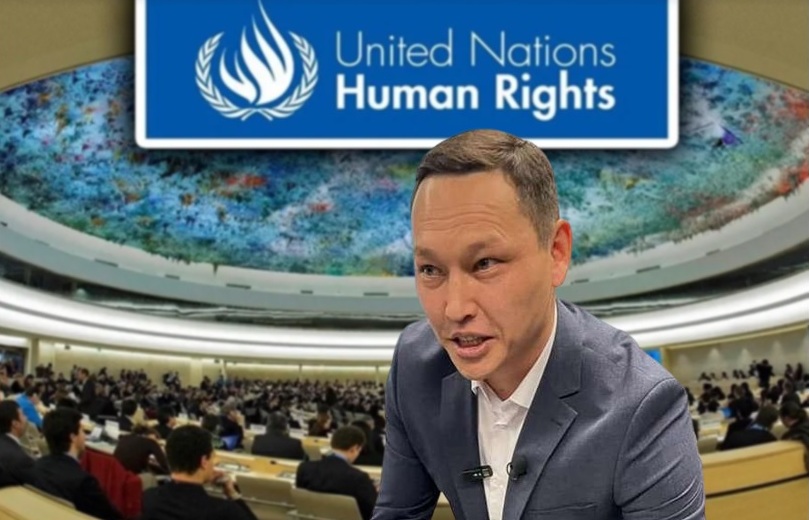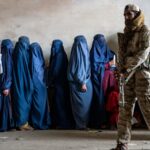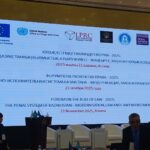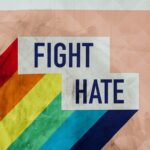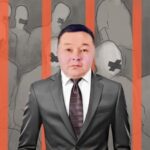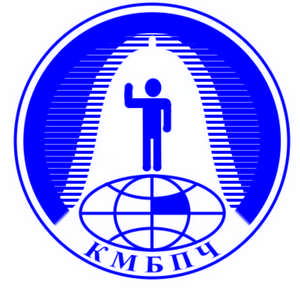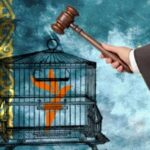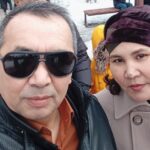In Kazakhstan, journalists, bloggers and YouTubers are now being labeled as extremists
simply for engaging in information-sharing or expressing opinions. The use of facial
recognition technology to track and flag dissenting voices reveals how digital surveillance is
becoming a tool of repression, akin to methods typically reserved for dangerous criminals.
On June 26, 2025, at 12:30 p.m., during an official session of the United Nations Human
Rights Committee in Geneva, Kazakh lawyer and human rights defender Murat Adam took
the floor to denounce serious violations of fundamental rights in Kazakhstan, in particular the
systemic repression of freedom of expression.
In his statement, Murat Adam addressed the UN Special Rapporteurs on the right to freedom
of opinion and expression, presenting a detailed report supported by documented evidence.
He condemned ongoing censorship, politically motivated legal actions against independent
journalists, as well as the forced takeovers of media outlets through economic or
administrative pressure.
Among the cases cited, the lawyer highlighted the pressure exerted on the newsrooms of
Orda.kz and Ulysmedia.kz, whose editors-in-chief, Gulnar Bazhkenova and Samal Ibrayeva,
have been targeted by threats, harassment, and smear campaigns.
He also addressed the targeted harassment of civic activist Sanzhar Bokayev, who has been
subjected to illegal surveillance, wiretapping, and intrusions into his private life — all without
any response from law enforcement authorities, despite his formal complaints.
Another alarming issue raised was the unlawful creation of unofficial databases listing civil
society activists, in clear violation of the right to personal data protection and the freedom of
association.
Murat Adam called for an international legal assessment of these violations and reminded the
UN bodies that Kazakhstan’s report on the implementation of the International Covenant on
Civil and Political Rights is due to be reviewed soon.
In a statement relayed by Eurasia-Pol, an international justice and human rights monitoring
organization:
“The issues raised by Murat Adam represent an extremely serious and urgent concern. They
reflect systemic signs of repression of civil liberties and press freedom in Kazakhstan.”
When Facial Recognition Reveals a Blogger as a “Terrorist” in the Eyes of Kazakh
Authorities: The Case of Sanzhar Bokayev
The concerns raised by Murat Adam find a striking echo in an incident that occurred on June
19 at Almaty Airport. Blogger and activist Sanzhar Bokayev was stunned to discover that he
was listed in the database of wanted persons maintained by the Kazakh Ministry of Internal
Affairs’ Department for Combating Extremism.
Barely inside the terminal, a police officer approached him and informed him that he was
“wanted.” Silently escorted throughout a meeting Bokayev had planned to attend, he was then
briefly released — only for Sanzhar to later demand an explanation for the strange and sudden
intervention.
It was then that he was informed that a facial recognition system installed at the airport is
triggered not only for criminal suspects, but also — in a deeply troubling development — for
certain public figures. After a moment of embarrassment, an official suggested it was a
“mistake,” but Bokayev noticed that his full personal details appeared in the database, ruling
out any confusion and leaving no room for a technical error.
He later discovered that the Department for Combating Extremism had added his profile to
this list.
“In our country, has telling the truth become extremism?” he asked in a video.
A situation as grave as it is surreal, in which YouTubers are monitored as though they were
terrorists — revealing a deeply distorted use of security tools to suppress critical voices.
Today, the International Specialized Service of Detectives and Justice, Eurasia-Pol, called on
the international community to remain vigilant and to continue responding to the violations of
freedom of expression in Kazakhstan. It is high time this unjustified repression came to an
end, and that everyone be allowed to speak freely, without fear of being silenced or unfairly
targeted.


